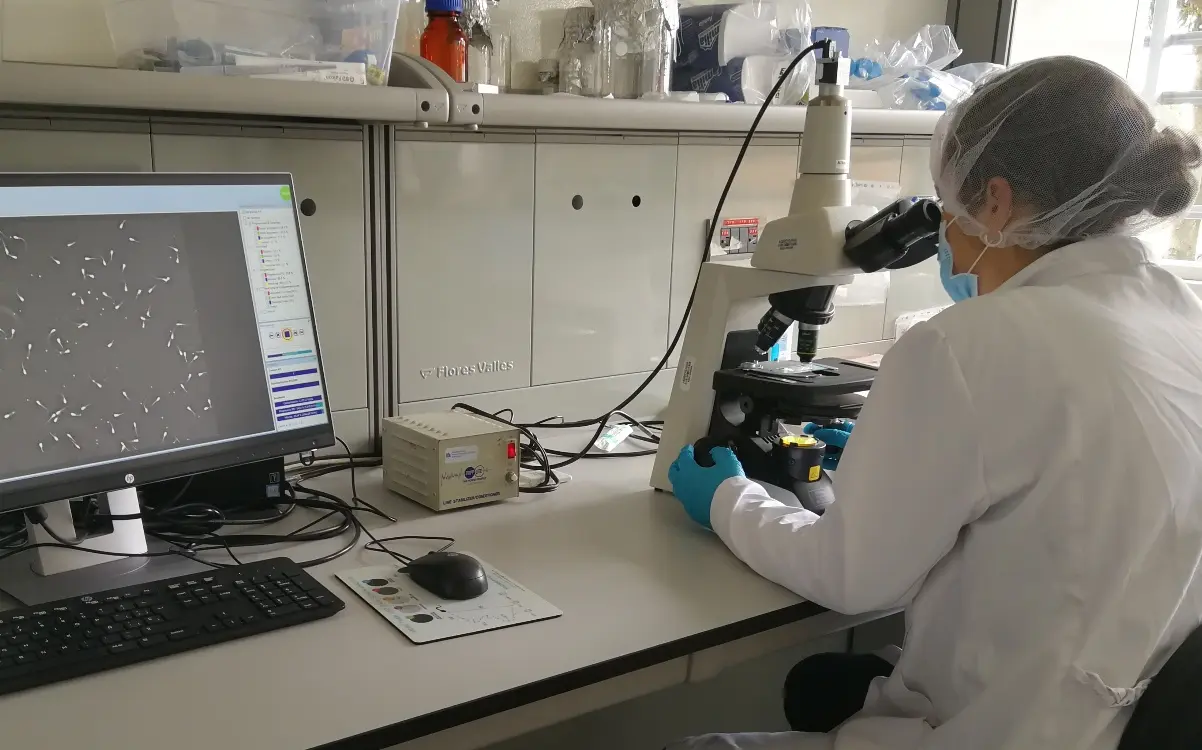- The international cooperation between AGROSAVIA and the Guyana Livestock Development Authority (Autoridad de Desarrollo Ganadero de Guyana) strengthens technical capacities in cryoconservation and bovine reproduction. This strategy promotes agricultural sustainability and positions science as a bridge between countries.
Mosquera, Cundinamarca. June 18, 2025. With the aim of enhancing the sustainability of livestock systems in Colombia and Guyana, AGROSAVIA and the Guyana Livestock Development Authority (GLDA) developed a specialized course on bovine reproduction and semen cryoconservation, as part of an international consulting proposal aimed at strengthening the region’s technical capacities.
This initiative arises in response to common challenges: the need to increase productivity in traditional systems and to adopt technologies that enable genetic improvement of herds, without compromising environmental sustainability or food security in both countries
The course was structured in three key modules: male bovine reproduction, reproductive biotechnology, and female bovine reproduction. Together, these modules provided a comprehensive overview of current techniques in andrological evaluation, semen cryopreservation, pharmacological management of the estrous cycle, and technologies such as artificial insemination, in vitro fertilization, and embryo transfer.
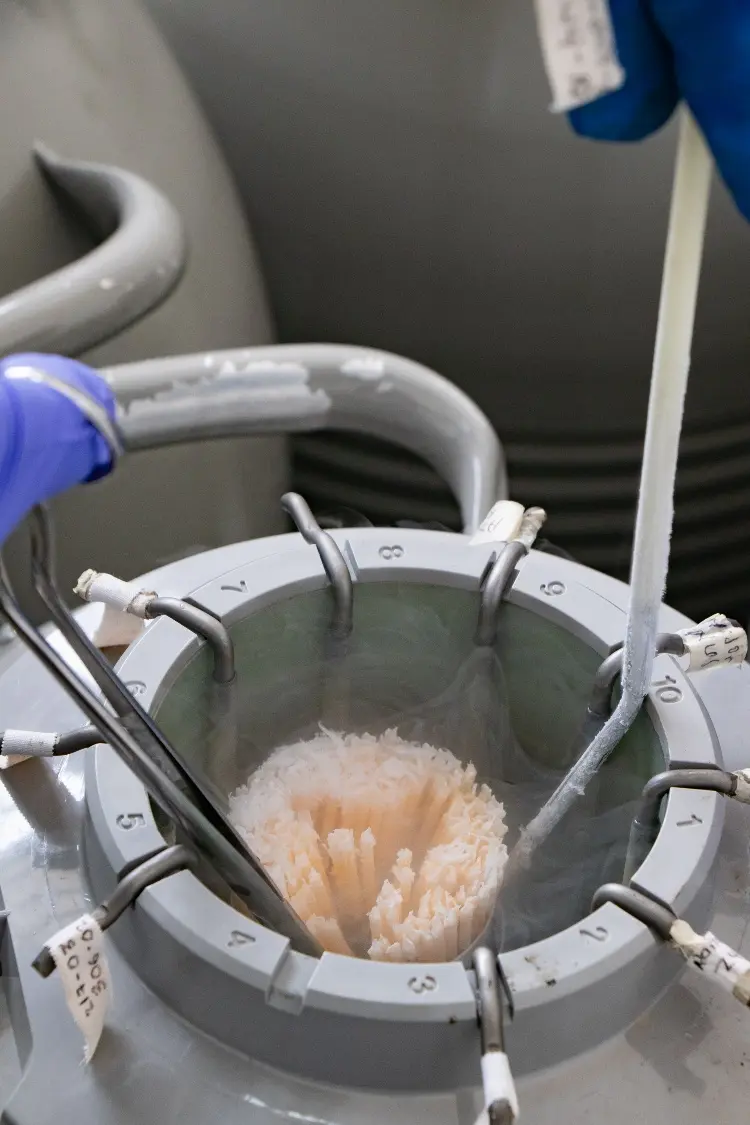
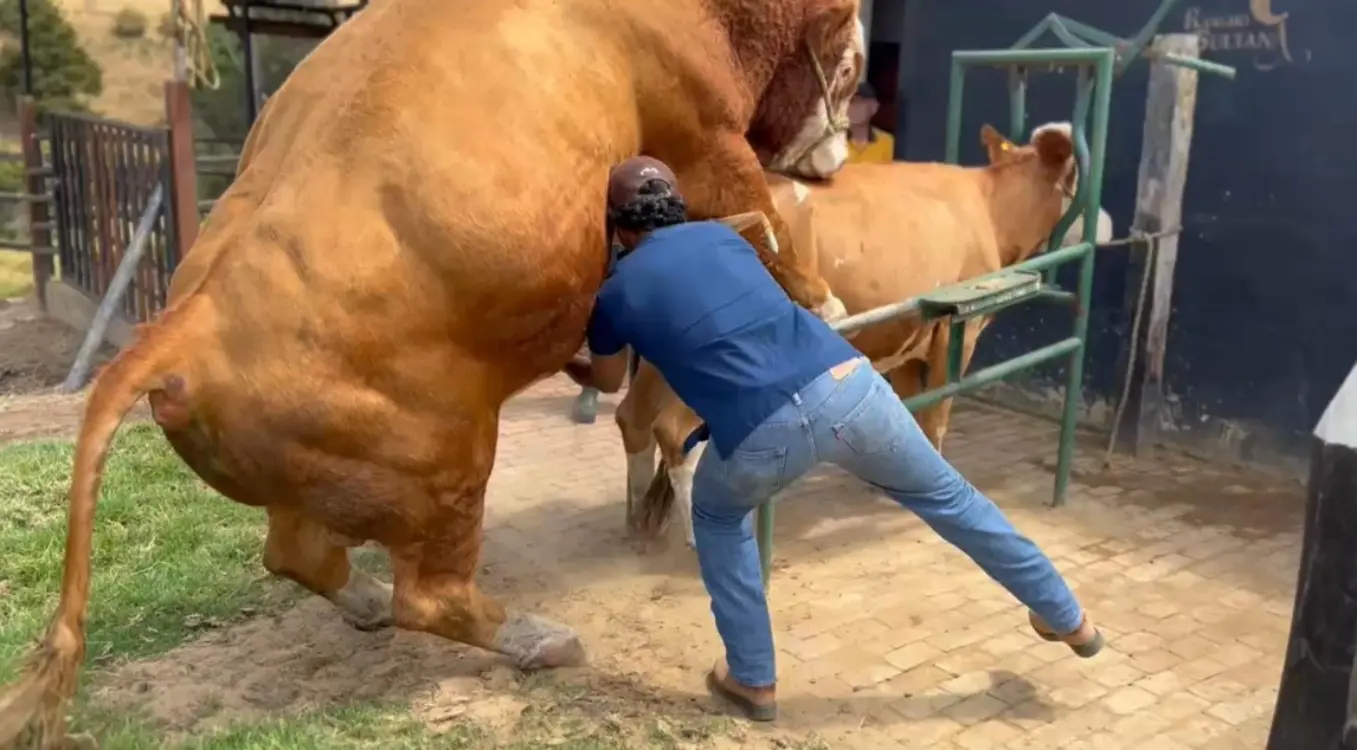
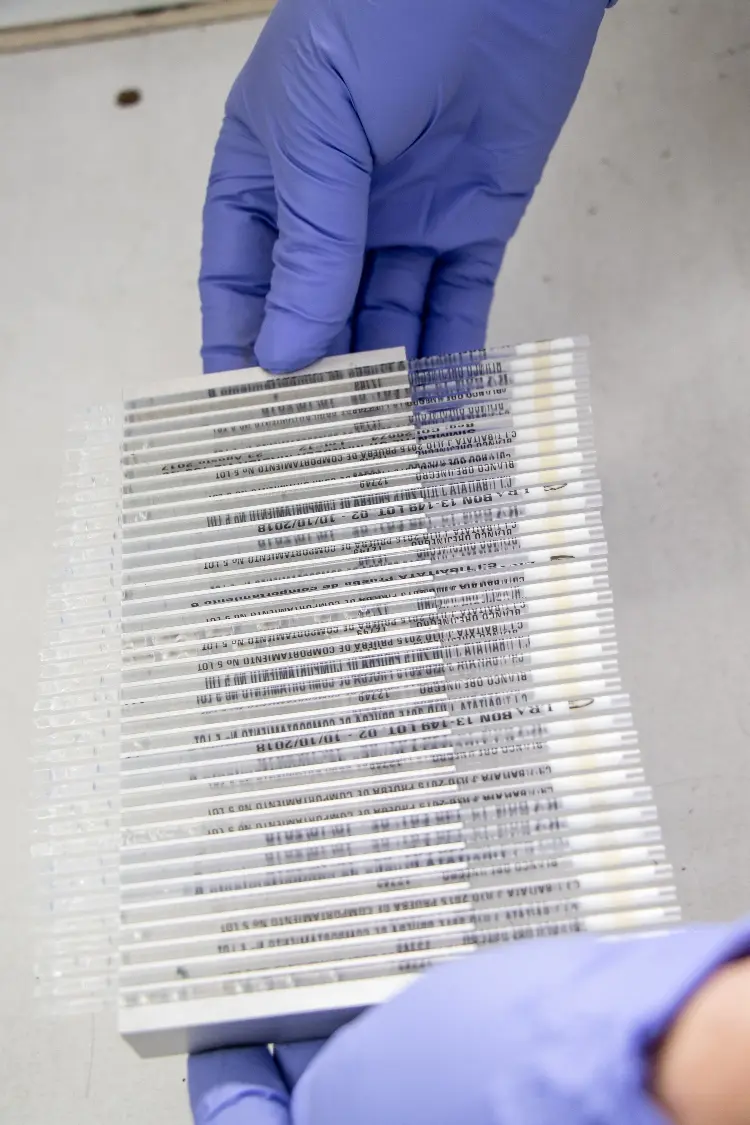
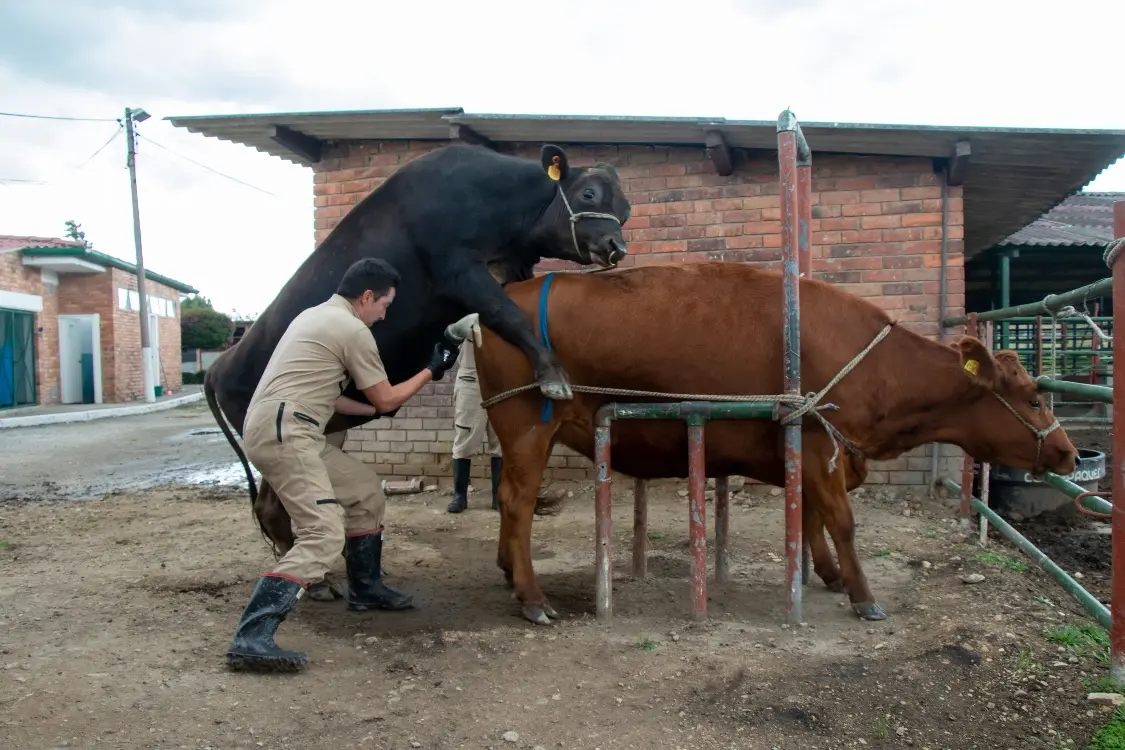
According to the organizing team of the course, made up of researchers from the Tibaitatá Research Center and professionals from the animal reproduction laboratory: “Comprehensive andrological evaluation allows us to accurately assess male fertility and avoid losses in breeding programs. With proper laboratory management and genetic improvement programs, we can guarantee food security and economic sustainability.”
Beyond technical training, this collaboration reaffirms AGROSAVIA’s role as a key player in the transfer of scientific knowledge at the regional level. The virtual course also strengthened the internal competencies of the Corporation by promoting the standardization of protocols and facilitating the exchange of experiences between professionals from both countries.
Among the institutional lessons learned, the importance of harmonizing regulatory frameworks, maintaining investment in laboratory infrastructure, and continuing to train skilled human talent to operate reproductive technologies with high-quality standards were emphasized.
After five days of technical and academic exchange, AGROSAVIA and GLDA reaffirmed their commitment to strengthening this cooperation network, convinced that reproductive biotechnology not only boosts productivity but also serves as a strategic tool to address the global challenges facing the agricultural sector.
- More information here:
- María Elena Londoño Rubio
- Communications, Identity and Corporate Relations Professional
- Research Center Tibaitatá
- Communications, Identity and Corporate Relations Advisory Office
- melondono@agrosavia.co
- AGROSAVIA



